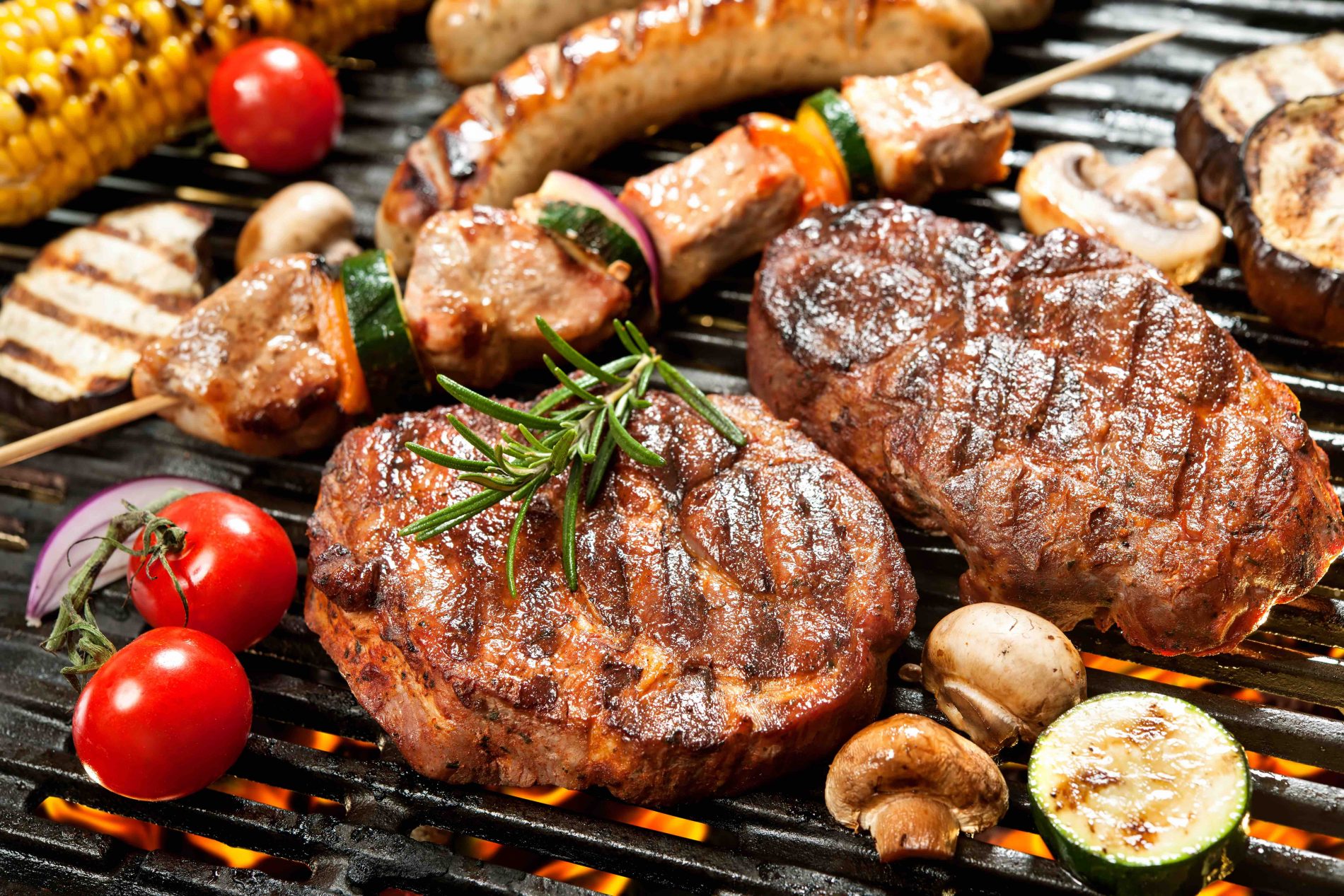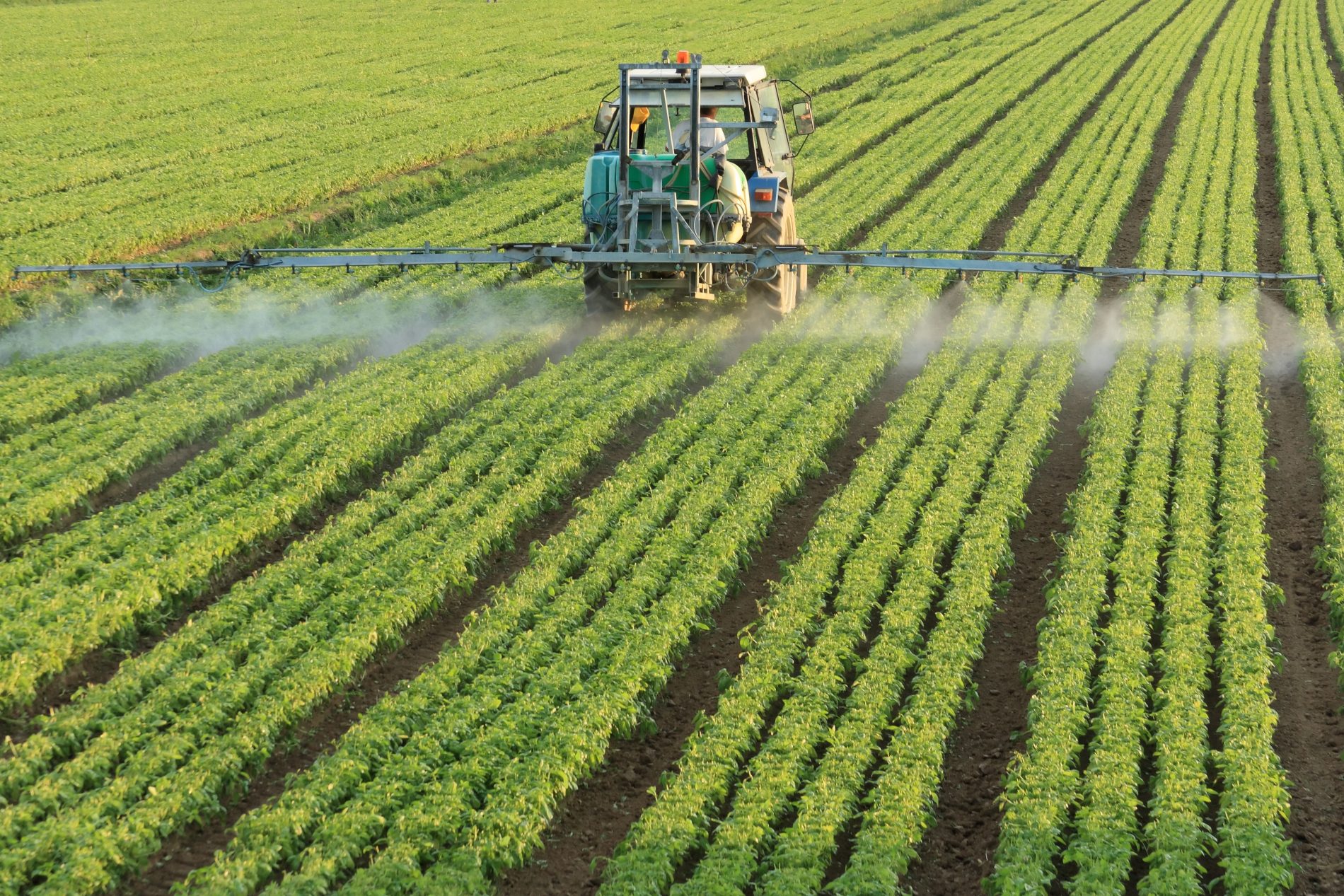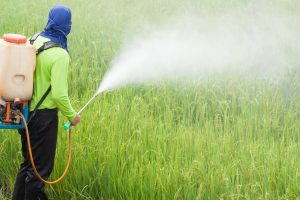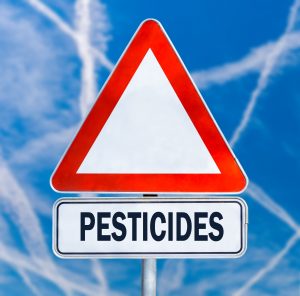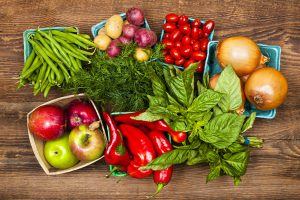Are you a meat eater? On the paleo diet? Low carb diet? Atkins? A Carnivore?
If you choose to eat meat, there are several things to consider when you weigh your options for the best choice to consume.
Obviously, we want to choose a source of meat that is the least processed – that you can still see fat or bone present – such as a steak, ribs, pork chop, chicken leg or even the whole raw chicken.
Steer clear of the processed meats, such as hot dogs, deli meats, cold cuts, pepperoni, bacon and anything else that you know has undergone some sort of processing to get to its current state.
But when choosing the best meat for you and your family, it goes much deeper than just finding what is available at your grocery store that is the least processed.
Let’s consider for a moment the animals and animal products that we are consuming.
They have taken months or possibly years to get to their full size before slaughter. This gives them plenty of time to eat and eat and eat to grow large enough to be sent to market.
This also gives the animal plenty of time to gather up toxins in their bodies from the food supply they are given to eat when they are conventionally grown. Often, they are being fed genetically modified corn, soy and mixed feed that has been sprayed generously with many doses of pesticides. These pesticides are accumulated in the bodies of these animals and passed on to us when we eat them.
The animals are generally kept in tight quarters with several hundred other animals and can easily pass germs around to one another. This means that there is often antibiotics added to their food supply to control illness among the population. This is also passed on to us when we eat them, not to mention into the ground water supply from their excretions.
For these reasons and many others, it is important to choose meat that has been naturally raised to ensure that your family is getting a high quality product. When animals are raised in their natural environment and eat their native diet, they naturally produce meats that are higher in minerals, essential fatty acids and vitamins.
Look for labels such as:
• organic
• grass fed
• free range
• pasture raised
• wild caught
• antibiotic free
• GMO free
The best place to find the highest quality meat for your family are directly at organic farms, Farmer’s Markets, and health foods stores in your community. Talk to the famers, the producers and associates to purchase humanely raised, and as-organic-as-possible animal products.
Including animal products in your diet can add variety to your diet and provide you with essential vitamins and minerals if you are mindful of selecting high-quality products. Pairing meat with a salad and lots of colourful vegetables can make a great meal filled with the nutritious fuel your body needs to function at its best.
Jo-Anne Richardson has almost a decade of experience managing a chiropractic office and educating patients on how chiropractic can allow your body to express optimal health. She is a Registered Holistic Nutritionist and holds a Degree in Communications. She loves to experiment with raw vegan recipes, loves to salsa dance, travel and learn new holistic health information to share tips with everyone who visits the office.

